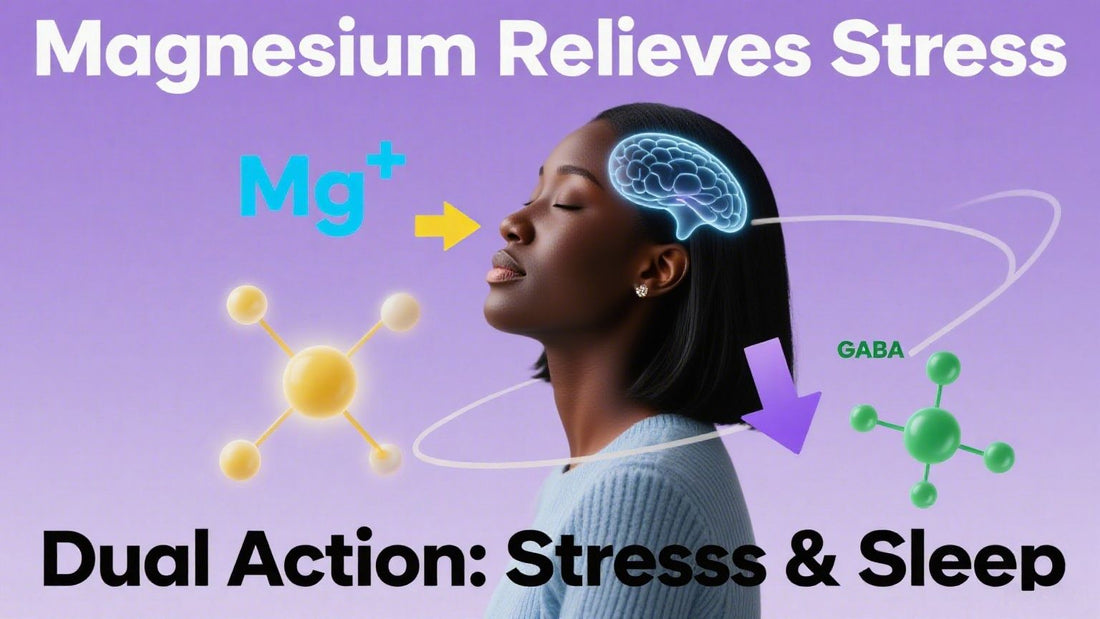Can Magnesium Seriously Chill You Out? The Truth About Anxiety Relief

Hey there, stress buddies—ever find yourself asking, “can magnesium reduce anxiety?” If your heart's racing, your brain just won't shut off, or you're running on jitters, you're definitely not the only one. Anxiety is sky-high in the U.S., and a lot of people are searching for natural ways to calm the mind.
So what's magnesium got to do with it? First off, it's a real team player inside your body, helping regulate stress hormones like cortisol (your fight-or-flight go-to) and balancing brain messengers—excited ones like glutamate and chill-out ones like GABA. In other words, magnesium helps dial down the noise and ease your brain into a calmer state.

Research isn't perfect, but there's promising science behind it. A systematic review of 18 studies found that magnesium supplements helped lower symptoms of generalized anxiety and stress. Another review focusing on anxiety-related outcomes reported that most studies showed benefit—especially in folks already vulnerable to anxiety. Plus, some newer overviews confirm what many health writers call the “vicious circle”—stress drains magnesium, and low magnesium ramps up stress.
That said, it's not a cure-all. A handful of studies show no real effect, and overall, evidence quality varies. But here's the thing: magnesium feels low-risk, affordable, and could be a handy part of your self-care toolkit if anxiety's got you wired.
Let's talk food. Spinach, nuts, whole grains, dark chocolate—they all pack magnesium. But here's the catch: due to soil depletion and ultra-processed diets, most Americans aren't hitting the recommended 310–420 mg per day. Even eating in a “healthy” way can still leave you short—especially if stress is already draining you.
That's where supplements come in. Forms like magnesium glycinate and L-threonate are often recommended because they're easier on your stomach and more likely to calm your mind. If you're shopping, look for third-party tested products and consider talking with your doctor—especially if you're on meds or have health issues.
Here's a sensible way to weave it into your day: try adding magnesium after dinner, maybe before some unwind time—think low lights, screen-off hour, a relaxing podcast or book. Combine it with stress-busting habits like breathing exercises or a walk under the stars.
Bottom line? If you've tried journaling, yoga, breathing apps, or just deep Netflix distractions and you're still wondering “can magnesium reduce anxiety?”—it might be worth a trial. It's gentle, potentially helpful, and might just be the natural chill pill your overactive brain needs.
Breathe easy—you've got this.
